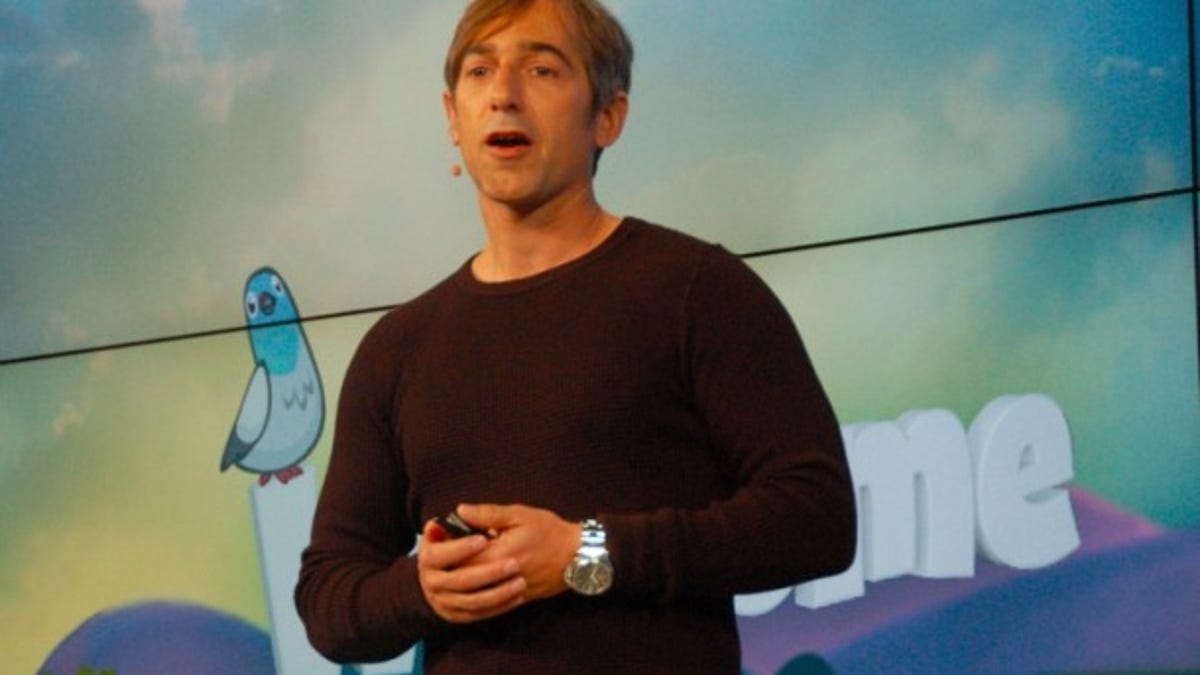Zynga CEO takes blame for poor quarter
Mark Pincus points to poor execution after the company reports a $52.7 million loss. He says more emphasis will be put on mobile monetization.

Of course, he was preaching to the converted. Investors have been blaming Zynga for most of the year, driving down the stock to an all-time low today before the company reported a $52.7 million loss during its September quarter.
But as he discussed the results with analysts on a conference call this afternoon, Pincus adopted a buck-stops-here approach, acknowledging that Zynga had failed to innovate when it came to new content and features. He also attributed game delays and the slow replenishment of Zynga's product pipeline on bad execution.
"The last couple of months have obviously been challenging for us," said Pincus. "We didn't create enough new heat for our players. But we know when we launch great games our players engage."
Zynga makes money selling virtual goods within its games, but in the most recent quarter it accounted for about 7 percent of Facebook's revenue, down from 12 percent during the same quarter a year earlier. Asked why Zynga was losing share on Facebook, where Zynga remains the No. 1 gaming company with five of the 10 most popular games, Pincus said it came down to an across the board failure -- "we haven't been consistently executing for this whole year."
Though Zynga projects that overall game bookings on Facebook will exceed $2 billion. "We failed to meet our own growth expectations," Pincus said, adding that Zynga had fallen short on maintaining user engagement for live games. "The power of our network truly lies in our user engagement," he said. Therein lies the rub. Zynga's CEO noted the rapid player adoption of mobile smartphones and tablets. Now it's up to the company to figure out ways to better monetize the shift to mobile -- a theme he returned to several times over the course of an hour's conversation. In doing so, he also echoed themes sounded in recent days by Marissa Mayer at Yahoo and Facebook's Mark Zuckerberg as those two CEOs discussed their companies' respective earnings reports.
Mobile "is different in a lot of ways from the Web," he said. "It is more fragmented...the distribution is much more limited today. But we have by far the biggest market position (measured) by daily active users and engagement," adding that that put Zynga in a strong position to cross-promote its games to a large audience.

